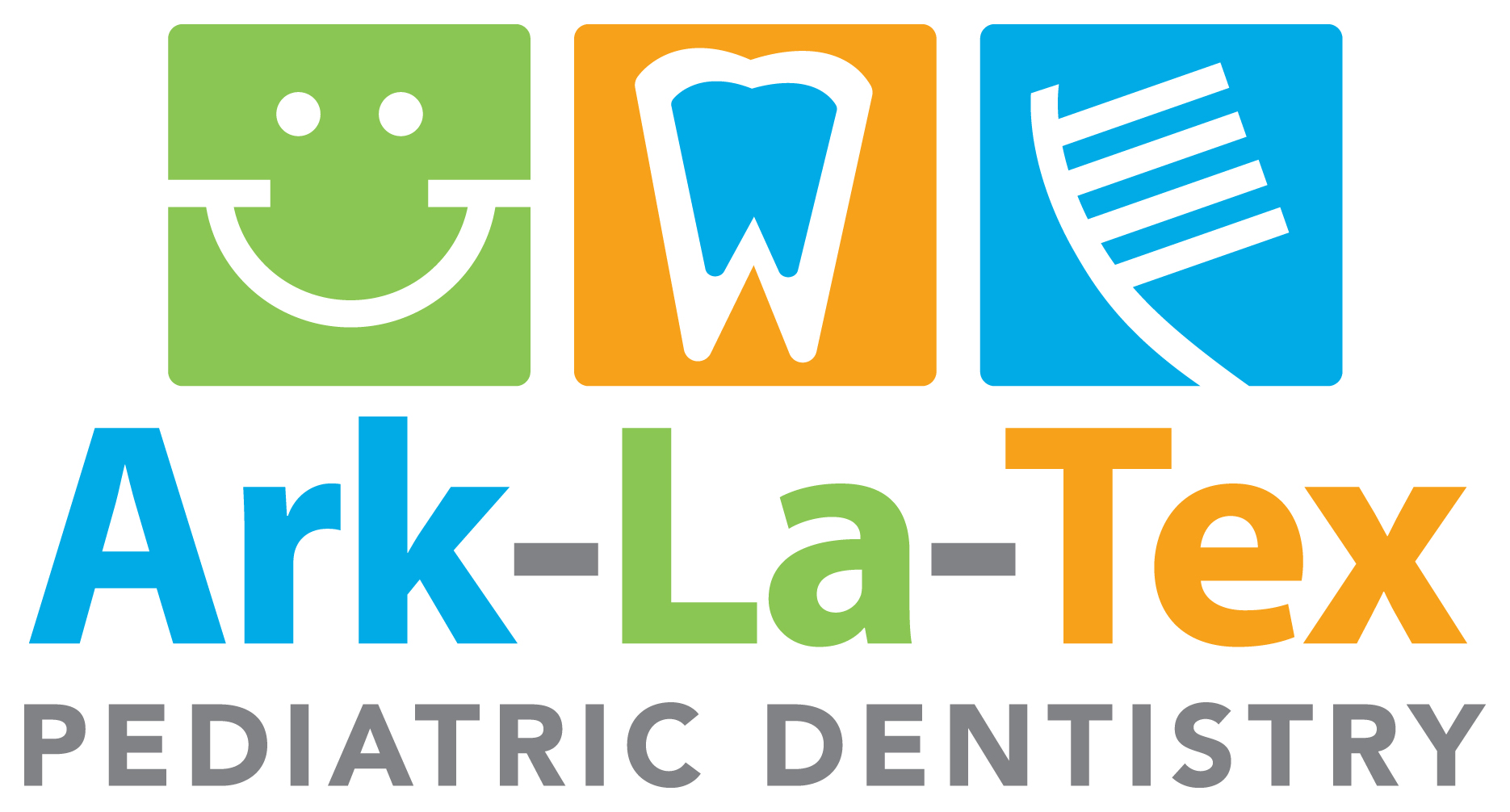At Ark-La-Tex Pediatric Dentistry, we understand that having a complete, natural smile is key to feeling confident in your daily life. We also know that on occasion, circumstances may arise that require a patient to receive a routine or emergency tooth extraction in order to preserve overall oral health. As your Texarkana and New Boston dentist, Dr. Brian Steele knows that the decision to extract can be a difficult one, so he> makes sure that every aspect of the procedure is as stress-free and comfortable for our patients as possible by keeping you well informed, aware of what is happening, and aware of what your choices are along the way.
When Is a Tooth Extraction Needed?
A tooth extraction is performed only after all alternatives have been considered and ruled out. Situations that may lead to an extraction include:
- Infection or risk of infection from decay (may require emergency tooth extraction)
- A tooth that is severely damaged from trauma (may require emergency tooth extraction)
- Impacted wisdom teeth (results in a wisdom tooth extraction)
- Overcrowded teeth (often requires orthodontic treatment)
What Is a Tooth Extraction?
A tooth extraction is a routine procedure for Dr. Steele, though in some instances, an emergency tooth extraction may be called for. The procedure includes:
- X-rays to assess the location, size, and position of the tooth to be removed to help determine the extent of the procedure
- An assessment of the anesthesia and sedation options that will best serve your needs, allowing for a pain-free, less-than-memorable experience
- The careful removal of the tooth, which often includes a bone-preserving graft
After the tooth has been removed, Dr. Steele will have you bite down on some gauze in order to help stop the bleeding, so that a blood clot can form.
Tooth Extraction Aftercare
After your extraction, your recovery typically takes a couple of days. The following tips will help you relieve discomfort and avoid complications.
- Take pain relievers as prescribed or recommended.
- Leave gauze in place for the recommended amount of time.
- Apply ice for 10 minutes at a time to minimize swelling after the procedure.
- Avoid rinsing, sucking, or spitting for six hours after the procedure.
- After six hours, rinse your mouth with ½ teaspoon of salt and warm water.
- Do not smoke.
- Eat soft foods the day after the extraction; gradually add solid foods as the extraction site heals.
- Avoid the extraction site when brushing your teeth.
When teeth must be removed, especially ones that appear in your smile, there are a number of natural-looking, permanent tooth-replacement options, such as implants, that can give your smile a second chance.

